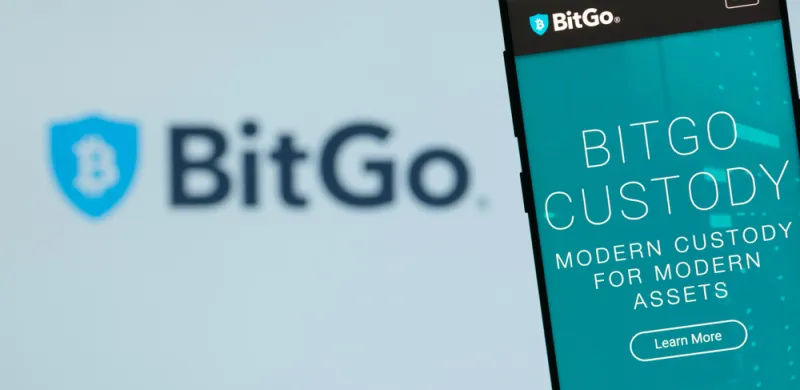Ferrari is now accepting cryptocurrency as a form of payment for its luxury sports cars in the U.S. This decision came after requests from its affluent customers. The company plans to expand this payment option to Europe as well.
Most blue-chip companies have yet to embrace crypto due to the volatility of Bitcoin and other tokens, which makes them impractical for commerce. Additionally, patchy regulation and high energy consumption have hindered the widespread adoption of crypto as a payment method.
Tesla, an electric carmaker, started accepting Bitcoin as payment in 2021 but stopped due to environmental concerns raised by CEO Elon Musk. Ferrari's Chief Marketing and Commercial Officer, Enrico Galliera, stated that cryptocurrencies are making efforts to reduce their carbon footprint by utilizing new software and increasing the use of renewable sources.
During an interview, Ferrari confirmed their goal of achieving carbon neutrality by 2030 throughout their entire value chain. The decision was prompted by market and dealer requests, as many clients have invested in cryptocurrency. This includes both young investors who have accumulated wealth through cryptocurrencies as well as traditional investors looking to diversify their portfolios.
Ether and other cryptocurrencies have made strides in improving energy efficiency, but Bitcoin still faces criticism for its energy-intensive mining. In the first half of this year, Ferrari delivered over 1,800 cars to the Americas region, including the U.S.
Galliera did not disclose the number of cars Ferrari anticipated selling through cryptocurrency. He did mention that their order portfolio is robust and already filled until 2025. However, the company aims to explore and evaluate the potential of this expanding crypto market.
The Italian company aims to connect with potential Ferrari buyers who may not be current clients but could afford one. In 2022, they sold 13,200 cars with prices ranging from over 200,000 euros to 2 million euros. They plan to expand their cryptocurrency initiative to Europe in the first quarter of next year and eventually to other regions where crypto is accepted by law.
Ferrari's largest region is EMEA, which includes Europe, the Middle East, and Africa. In the first half of this year, EMEA accounted for 46% of Ferrari's total car shipments. According to Galliera, interest is the same between the U.S. and Europe. However, it is worth noting that cryptocurrencies are restricted in countries like China.
Ferrari has partnered with BitPay, a major cryptocurrency payment processor, for the first stage of its operations in the United States. This collaboration enables customers to make transactions using Bitcoin, ether, and USDC, a stablecoin. It is worth noting that Ferrari may work with different payment processors in other regions.
There will be no change in prices and no additional fees or surcharges if you pay with cryptocurrencies. Bitpay will convert cryptocurrency payments into traditional currency for Ferrari's dealers, protecting them from price fluctuations. The main goal of this approach is to avoid direct handling of cryptocurrencies and shield dealers and Ferrari from their unpredictable price changes.
BitPay, the payment processor, will verify the legitimacy of virtual currencies and prevent their use in criminal activities. Ferrari's marketing and commercial chief mentioned that most U.S. dealers have already joined or are in the process of joining the scheme. Galliera expressed confidence that others will soon follow suit.

 Nikolas Sargeant
Nikolas Sargeant







